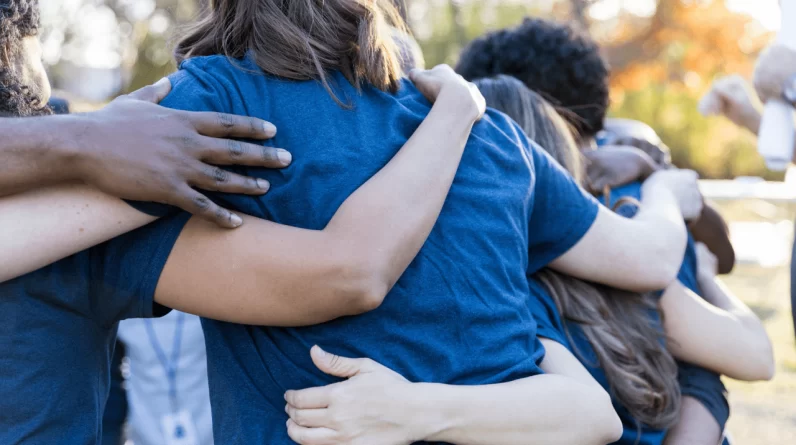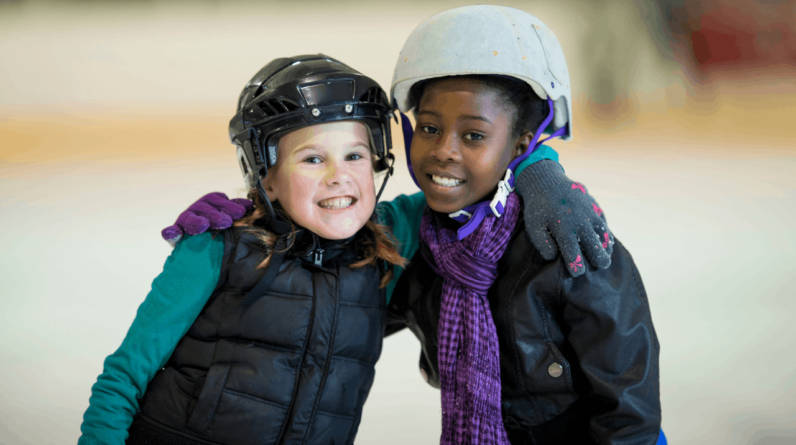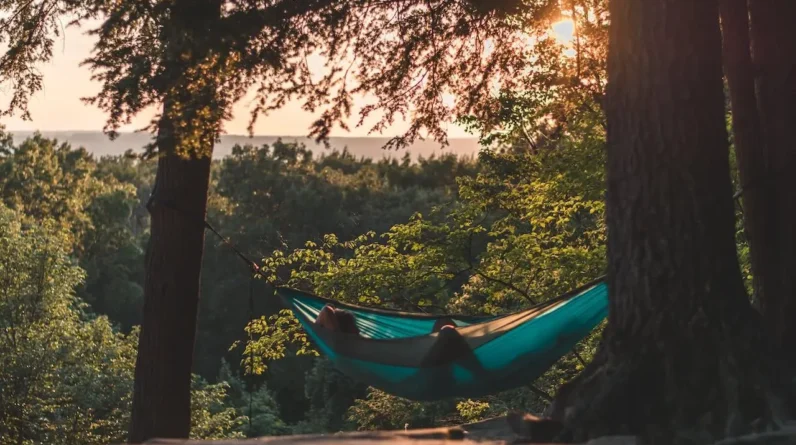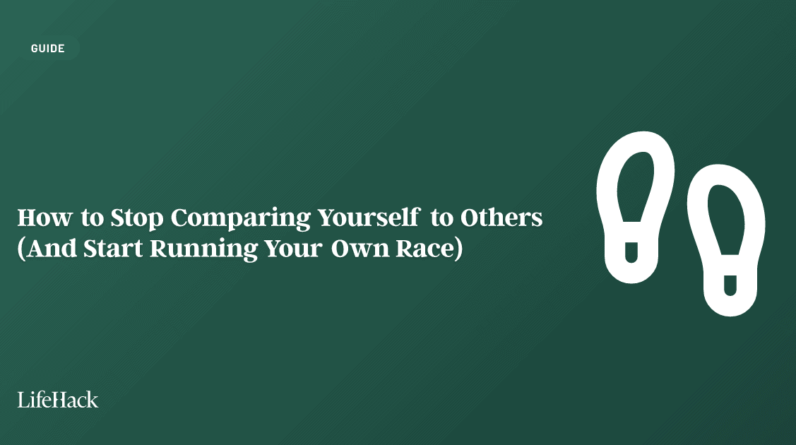
The past week has been devastating. Hurricane Helene tore through six states, and now Milton, leaving behind a trail of destruction Homes flattened. Power outages. No water. Lives uprooted in an instant.
For many, the storms weren’t just a natural disaster—they were a complete life-shattering event. In times like these, when everything seems bleak, something incredible often rises from the rubble: people.
Volunteers show up, and with them comes hope.
Whether they’re gutting out homes ruined by floods, removing tree debris, or offering a warm meal, volunteers play a massive role in recovery after disasters.
If you’ve ever wondered about the power of volunteering—whether after a storm or just in everyday life—let’s talk about why it matters and how it changes lives, not just for those in need, but for the volunteers themselves.
Why Volunteering Matters in Disaster Recovery
Restoring What’s Lost.
When disaster strikes, it can feel like the world has fallen apart.
Homes are destroyed, essential services are disrupted, and communities are left in disarray. This is where volunteers step in. They help rebuild homes, schools, and public spaces—brick by brick.
But they’re not just putting up walls; they’re restoring hope. Every roof repaired, every meal served, every street cleared of debris says, “We’re in this together.”
Communities devastated by the hurricanes will recover faster thanks to volunteers. These aren’t necessarily professionals or experts—just people willing to give their time and energy to help others rebuild their lives.
The physical work they do is crucial, but so is the emotional support they provide.
Offering Emotional Support.
When someone’s lost everything, a simple gesture of kindness can mean the world.
Volunteers aren’t just clearing rubble—they’re helping survivors process their grief and shock. Sometimes, lending a listening ear or offering a hug can do more than we imagine. That human connection—knowing that someone cares—can be a lifeline for those overwhelmed by disaster.
After the hurricanes, countless volunteers stepped up to be present.
Many of them weren’t therapists or crisis counselors; they were just regular people who understood that sometimes, the best thing you can offer is yourself. Volunteering in this way fosters a deep sense of empathy, something we could all use a bit more of.
Empowering Communities.
Volunteering doesn’t just help people survive—it helps them thrive.
In the aftermath of disasters, communities often feel disempowered, like they have no control over their futures. Volunteers help shift that dynamic. By working alongside survivors, they empower people to reclaim their lives.
When someone who lost everything sees volunteers rebuilding homes or providing food, they begin to believe that recovery is possible. They feel empowered to contribute to the rebuilding process, which can have long-term positive effects.
Volunteering is not just about doing something for others—it’s about helping them rediscover their own strength.
Community Service: How You Can Open Doors to Meeting New People
How Volunteering Changes You
We often think of volunteering as a selfless act, and in many ways it is.
But if we’re being honest, it’s also something that profoundly changes the volunteer. If you’ve ever volunteered, you know that it does something to your heart, to your perspective on the world.
Growing Empathy and Compassion
Volunteering forces you out of your comfort zone.
You meet people whose lives are completely different from yours, and you begin to see the world through their eyes.
It builds empathy. It’s one thing to hear about people losing their homes on the news, but it’s another thing entirely to stand beside them, helping them clean up the wreckage.
When you volunteer after a disaster, like Hurricanes Helene and Milton, you’re not just helping; you’re connecting.
You see the vulnerability in others, and it opens up a space for genuine compassion. You realize how similar we all are—how fragile life can be—and that understanding stays with you long after the work is done.
Finding Purpose in the Chaos
There’s something deeply fulfilling about volunteering.
In a world that often feels chaotic and out of control, it gives you a sense of purpose. You’re no longer a passive observer, you’re actively making a difference. That’s powerful.
Many volunteers report feeling a deeper sense of satisfaction and contentment after their efforts, and it’s no wonder.
When you step outside your daily routine to help others, it reminds you that we’re all connected. You start to see that even small actions can have a big impact.
Healing Through Helping
Strangely enough, helping others often helps us heal our own wounds.
Volunteering can be a way to process our own pain, our own struggles. Sometimes we’re drawn to help because, deep down, we’re the ones who need healing. And that’s okay.
There’s something about stepping into someone else’s hardship that helps us reframe our own. You start to realize that, while life may be tough, there’s always hope. By lifting someone else up, you end up lifting yourself as well.
Different Ways to Volunteer
You don’t have to be on the frontlines to make a difference. After the hurricanes, there are so many ways to get involved, no matter where you are.
Physical Aid
For those who want to get their hands dirty, there’s plenty of physical work to be done.
Volunteers are needed to rebuild homes, clear debris, distribute supplies, and even assist with rescue operations. This hands-on work isn’t just physically challenging—it’s incredibly rewarding.
There’s something about physically building a home or restoring a community space that connects you to the people you’re helping in such a tangible way.
I’ve personally experienced this through my work with Samaritan’s Purse, an organization that specializes in disaster relief efforts around the world.
They’re often one of the first on the ground after a crisis, providing everything from emergency shelter and food to medical assistance and spiritual support. What makes Samaritan’s Purse special is that they don’t just focus on meeting physical needs—they also prioritize the emotional and spiritual recovery of those affected.
Here’s a link to the specific locations where they are currently accepting volunteers to assist with Hurricane Helene and Milton recovery efforts.
Emotional Support
If you have a background in counseling or just feel called to offer emotional support, there’s a great need for mental health volunteers after disasters.
Survivors not only need help rebuilding their homes but also their spirits. Being there to listen, provide comfort, or offer advice on coping with trauma is invaluable.
Remote and Online Volunteering
Even if you’re not physically in the area, you can still contribute.
Organize fundraisers, coordinate donation drives, or help with logistics remotely. The digital age has made it easier than ever to offer help from afar.
How You Can Get Involved
If you’re feeling inspired, now’s the time to act.
There are countless organizations working on the ground to help the victims of Hurricane Helene, and they need your support. Find a cause that resonates with you, whether it’s rebuilding, offering counseling, or supporting relief efforts through fundraising.
Volunteering doesn’t have to be overwhelming, but it’s important to prepare yourself for the emotional and physical challenges that can arise.
Remember to take care of yourself, too. Helping others is a beautiful thing, but it’s essential to check in with yourself along the way.
Rebuilding Lives, One Act of Kindness at a Time
Volunteering after disasters like Hurricane Helene and Milton isn’t just about clearing debris or handing out meals—it’s about rebuilding hope, one act of kindness at a time.
It’s about showing up, for others and for yourself. The power of volunteering lies in its ability to remind us that, in the face of destruction, there’s still so much good in the world.
So, whether you’re hammering nails, taking tree limbs to the curb, or sending an encouraging message from miles away, know this: every effort counts. Every hand helps. And every act of love brings us all a little closer to healing.







